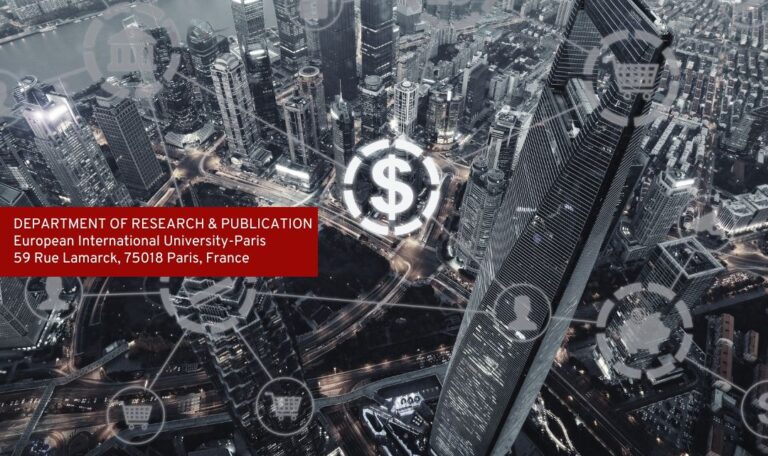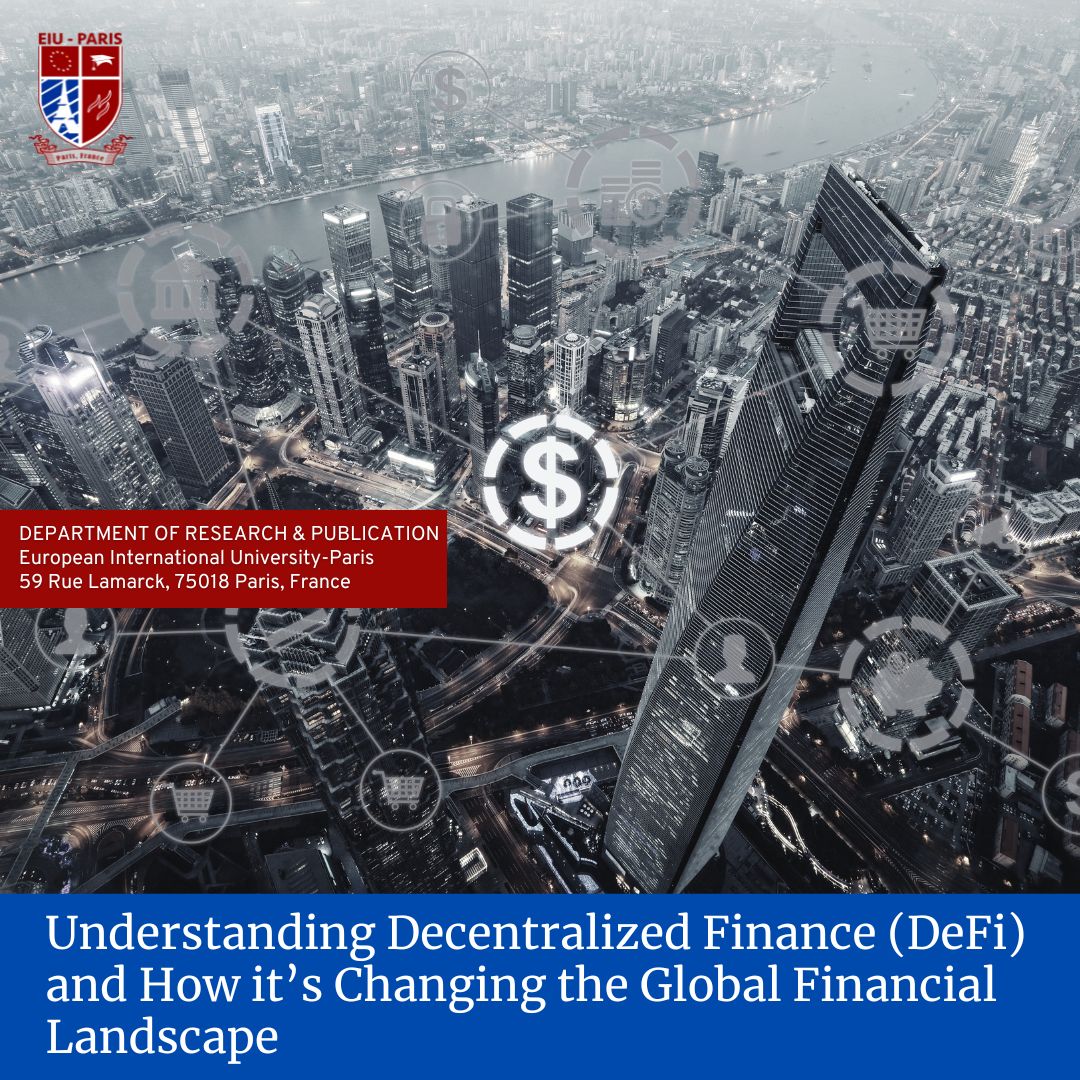- Version
- Download 54
- File Size 156.88 KB
- File Count 1
- Create Date October 2, 2022
- Last Updated February 13, 2025
Understanding Decentralized Finance (DeFi) and How it’s Changing the Global Financial Landscape
ABSTRACT
The world has for a long time adopted a financial system where risk control is placed in the care of central authorities or intermediaries.
People who invest in the current financial system relinquish their assets to intermediaries such as a bank, stock exchanges, mutual fund companies, insurance companies, and brokers. Many problems have arisen casting doubt on the effectiveness of the current financial system. An innovative system that introduces the prospects of removing banks' and other institutions’ control over money, financial products, and financial services is emerging – decentralized finance (DeFi). An extensive study on the subject was done focusing on the viability of decentralized finance to replace the role of traditional financial systems using recently published reports. Decentralized finance, a financial ecosystem built on blockchain technologies, is geared toward disrupting the traditional finance world.
The features of DeFi promise to revolutionize various financial transactions including DeFi lending and borrowing, decentralized insurance, and decentralized exchanges. DeFi strives to allow direct financial transactions between users minus the controls of any single entity. Being relatively new, even with all the opportunities it offers, DeFi may have a higher level of risk due to difficulties with regulation, infrastructural mishaps, and potential hacks and scams. Despite the hype around DeFi, it is prudent to understand not only the rewards but also the risks. Decentralized finance is in its early stages of evolution. As we move forward, many issues must be addressed and advancements made before DeFi becomes safe to use.

Krishnan, Edward Roy Anand, Jatin Co-Author Author’s email: [email protected]

